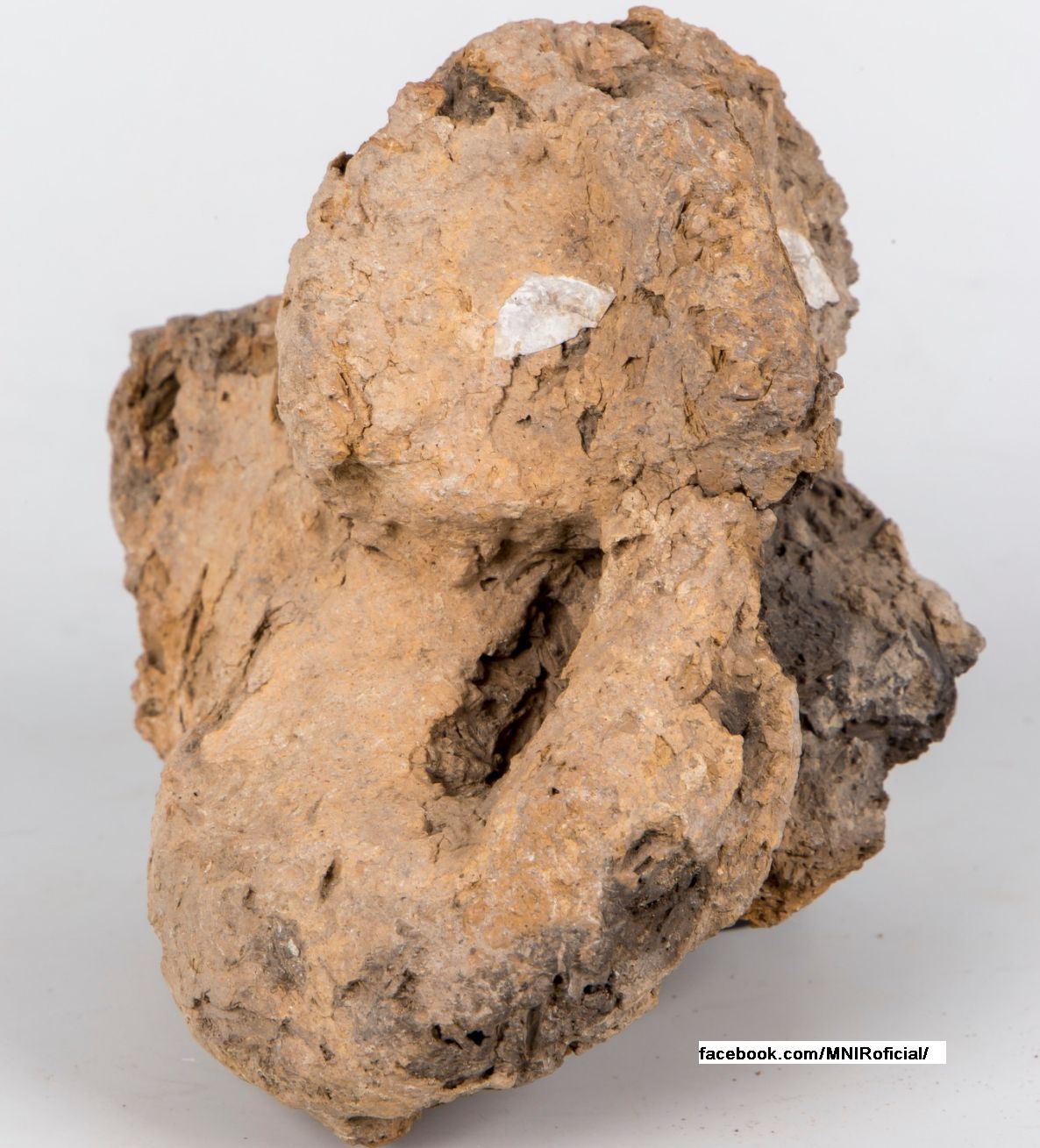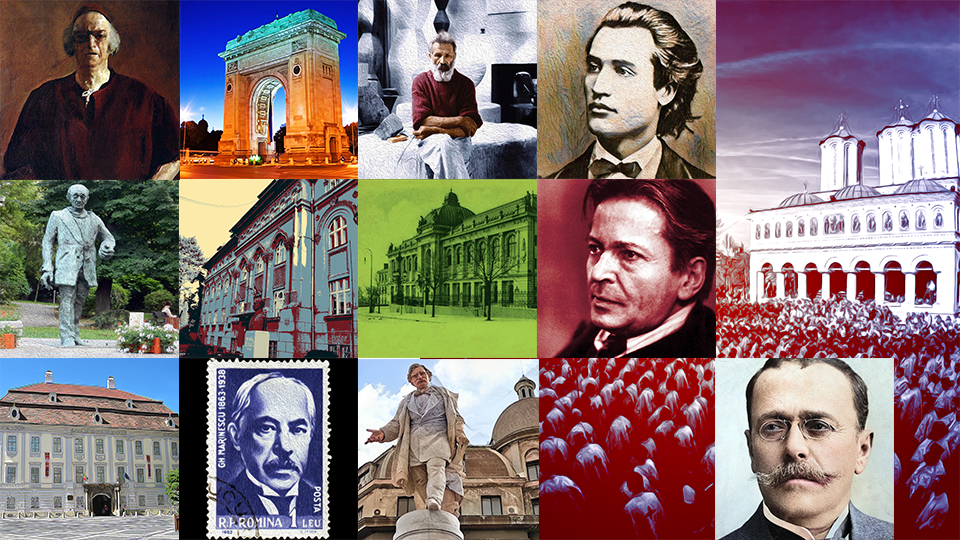The Sighet Memorial
The Museum in Sighet is one of the best-known memorials devoted to the communist repression

Steliu Lambru, 09.03.2019, 19:58
Opened in the
former prison in Sighetu Marmatiei, the museum tells the story of the communist
reign of terror between 1950 and 1960, when some 100,000 Romanians were killed.
The Academia
Civia NGO run by writers Ana Blandiana and Romulus Rusan has managed to create
the first museum devoted to these victims in the mid-1990s, which has since
been a landmark of civic awareness.
Ana Blandiana
spoke about the Memorial this year, when Romania marks 30 years free of
communism. This is the opinion of a writer, not a researcher, whose
heart-rending words echo the unimaginable abhorrence whose tragic effects
linger to this day.
Ana Blandiana: The Sighet Memorial is a book in itself. To
me, it is an unwritten one. It very much resembles a medieval liturgical book
that teaches by means of memory. It’s a book teaching you how to retrieve memory.
The biggest achievement of communism, which became apparent in a dramatic way
only after 1989, was that it created a man without memory, the new man, the
brainwashed man, who didn’t need to remember who he was, what he had or what he
did before communism. Memory is a form of truth and it needs to be destroyed in
order to destroy or manipulate truth. Destroying memory, a crime against both
reason and history, is the primordial work of communism.
The two writers
felt the need to turn Sighet into a place for memory, considering it is here
that the Romanian elite of the 1950s perished. Their effort is but a small part
in the wider project of retrieving the past, deformed by Marxist ideology.
Ana Blandiana: To us, creating the Sighet Memorial was not
an end, but a means. We didn’t set out to create the perfect museum, where the
crimes of recent history should be artistically and scientifically laid out on
shelves, gathering the dust of contemporary ignorance. What we wanted and
desperately sought was a means to recuperate the definition of a generation
that was brainwashed and lost all its bearings, a generation incapable of leaving
anything to the coming generations. The Sighet Memorial Museum is the place
where young people can learn things that neither school nor their families were
able to teach them. Here they read documents, see pictures, listen to analyses
and testimonies on the horrors of the second half of the 20th
century perpetrated in the name of class hatred and the repression of the most
basic of human rights, a hatred that fuels history itself.
Hatred: this
word was the cornerstone of Marxism, a regime that repressed the innocent. Everyone
who’s experienced this regime has felt its force to the full. It is a feeling
that continues to affect society today, which we would better be able to
understand if we looked closer at our communist roots, Ana Blandiana argues.
Ana Blandiana: In fact, hatred and fanaticism continue to
exist beyond the disappearance of the institutions that proliferated them.
Indeed, communism as a system is gone, but its methods and mindset have
endured. Analyzing communism is as useful to the past as it is for the present.
Suffice it to recall the members of terrorist cells in the 60s, 70s and the 80s
trained in military encampments and shooting ranges in Eastern Europe. Then
they put their training to the test in attacks carried out in Western Europe.
They used Soviet and Czech weapons to understand that the study of communism
and its methods can be used also as an intelligent means to understand and
solve some of the world’s current issues.
Is communism
instrumental in understanding the post-communist reality? Ana Blandiana
believes it is.
Ana Blandiana: The main issue is to see to what extent
communism can be relevant in post-communism, to the last 30 years. I’ve taken
part in a wide survey conducted by the ‘Observatorul Cultural’ magazine, and
there was a question whether the communist and anti-communist rhetoric will
still be able to impact the next four rounds of elections in Romania. Most
people answered no, and the topic of the rising prices will be infinitely more
important to them. At the same time, I believe we need to answer this question,
because, from the point of view of freedom and justice, of human rights, of
economy, things have changed, we’re no longer under communist rule, of course.
But if we look at how the diabolical methods of manipulation and obscuring the
truth were used in communism, we cannot hide the fact that there are times in
present-day Romania when things are disturbingly similar to what we’ve
experienced before.
The Sighet
Memorial remains a meaningful place for understanding and relating to the past,
which continues to live in the present.





























